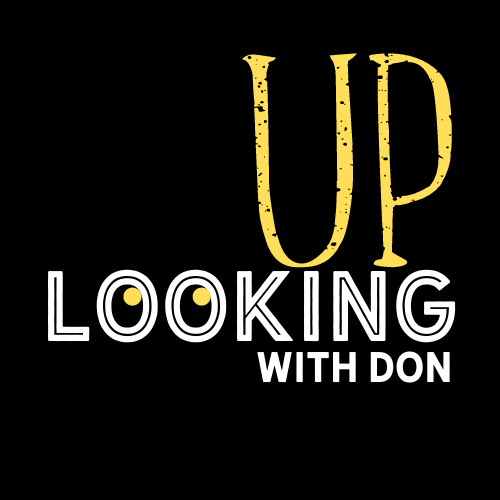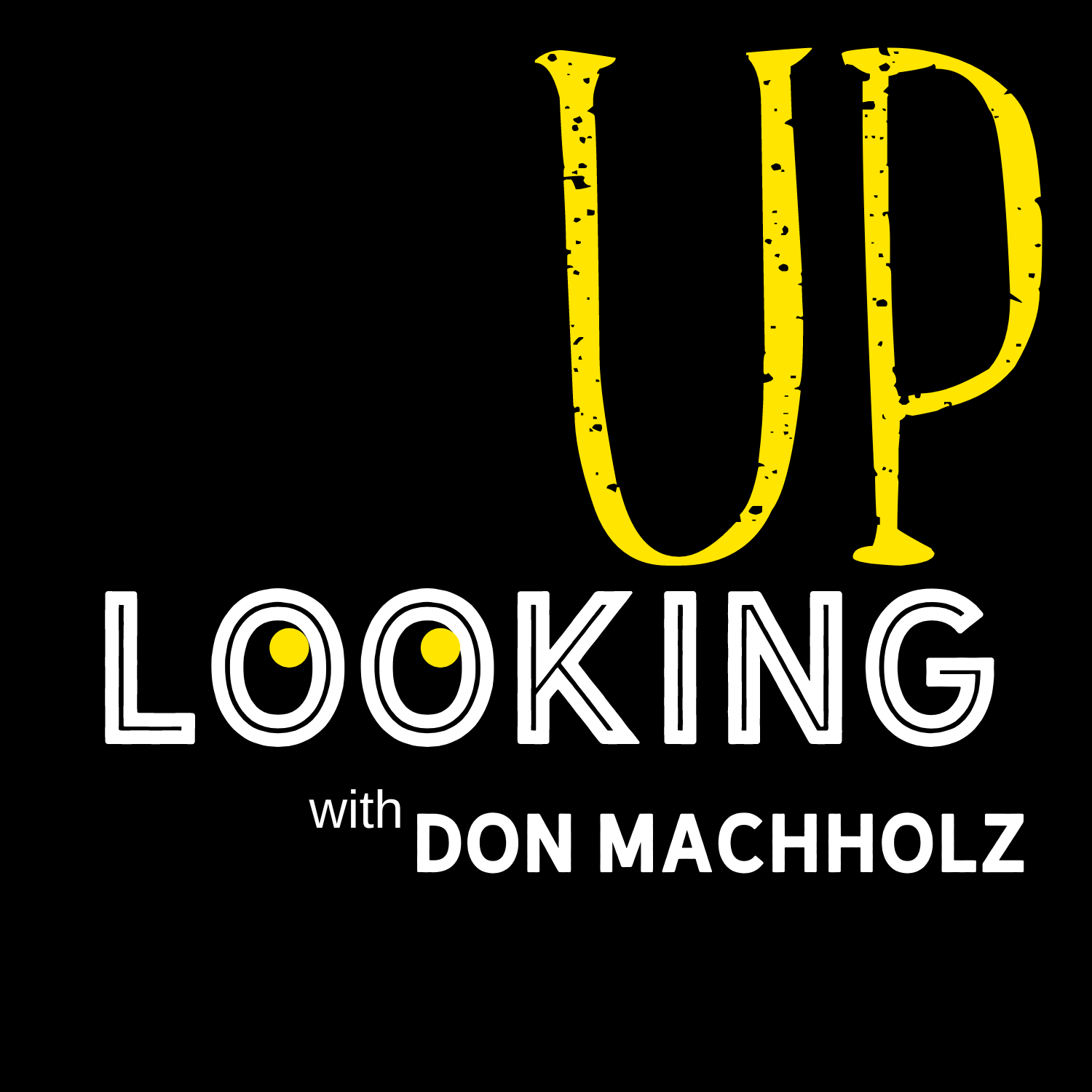It happens in 2020 on the 21st of June
When the sun in the sky gets hidden by the moon
The moon’s so far away it can’t cover the sun totally
So, a ring of fire will be visible locally
There will be no corona visible, at least not in the sky
You need a filter to see this or else you will burn your eye
The Congo is where it is first seen by those without myopia
Then through South Sudan and into Ethiopia
Mid-morning it visits Yemen and slide by Oman’s capital city
Filter it and take a look I bet it’s mighty pretty
Pakistan sees the sun assume the shape of a ring
Then onto northern India where the eclipse becomes “a thing”
Tibet is next then China, sharing this afternoon view
Something that everyone can look up to
Taiwan gets to jump on then the eclipse sinks into the ocean
A day of emotion, a moon in slow motion, proving Newton’s three laws of motion
DON MACHHOLZ
Hits: 164

“Probably more penguins than people will see this eclipse. Those solar eclipse glasses will keep slipping off their ears.”Don Machholz Podcast-100-Map-1-Evening-SkyDownload Podcast-100-Map-2-Morning-SkyDownload Podcast-100-Map-3-Comet-LeonardDownload

That is a lot of time to find a comet, but then there is a lot of sky to cover!DON MACHHOLZ Podcast-46-A-Decade-of-Comets-Part-6Download Podcast-46-Map-1Download Podcast-46-Map-2Download

Yes, I’m a farmer too.– DON MACHHOLZ Podcast-64-Map-1-Evening-SkyDownload Podcast-64-Map-2-Morning-SkyDownload Podcast-64-Map-3-Nova-in-CassiopiaDownload Not a movie… just a trailer. Messier Marathon 2021 – 109 Objects – Don...